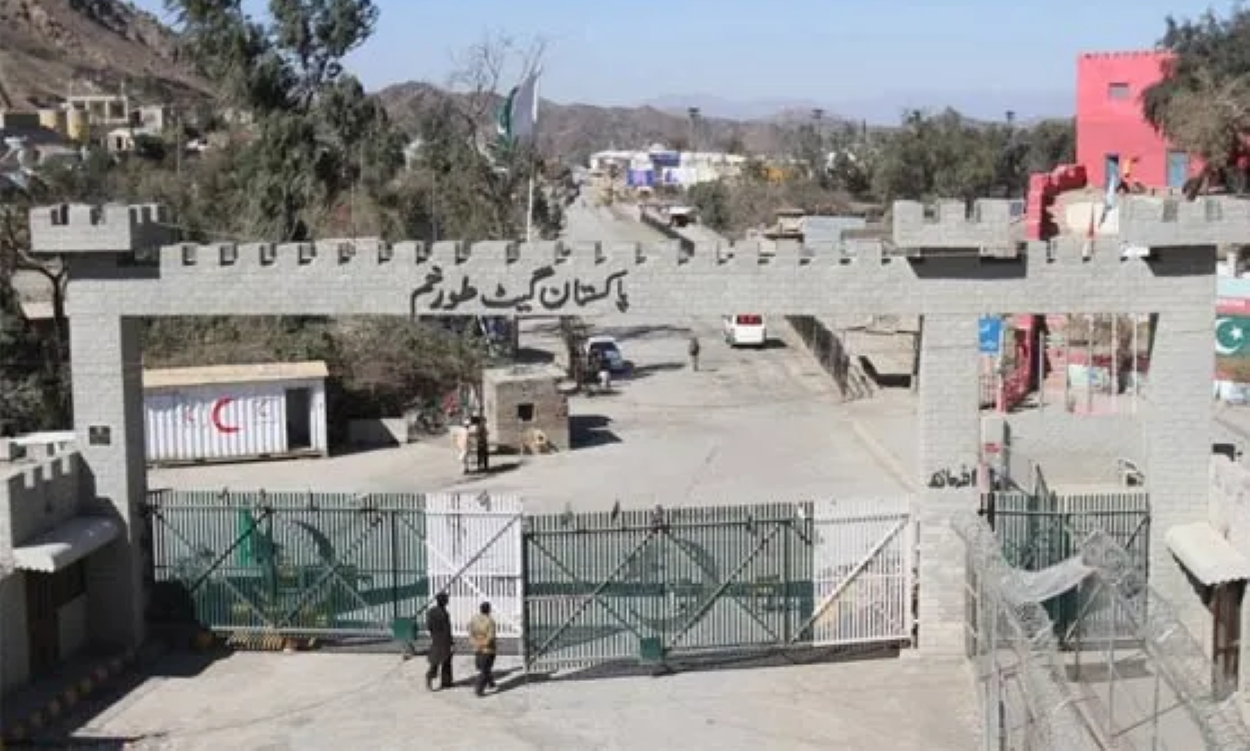The pivotal crossing between Pakistan and Afghanistan, known as the Torkham border, marked its fifth day of closure on Sunday following an unsuccessful round of talks to reopen it. The abrupt closure was initiated on September 6, triggered by a violent clash between Pakistani and Afghan border security forces, which ensued due to the construction of a new border post by the Afghan Taliban — an act perceived as a breach of mutual understanding between the two nations. The Afghan Taliban has reported the loss of two border guards in the skirmish.
The impasse is causing notable economic strain, particularly for Afghanistan. Hundreds of trucks and trawlers are stranded at the crossing, causing significant distress and financial loss to businessmen relying on the transit route for their livelihood. Additionally, the continuous closure has impacted individuals who regularly use this route for travel, with many being left stranded since last Wednesday. The Afghan government has vocalized its concerns regarding the border closure, highlighting the enormous economic setbacks it imposes and urging a negotiation-based resolution.
Rising Tensions and Security Concerns
Amid this backdrop, the relationship between Pakistan and the interim Afghan Taliban government seems to be traversing a rocky path. On the day of the initial border clashes at Torkham, another security breach occurred where hundreds of terrorists infiltrated from the neighbouring border to attack posts in Pakistan’s Chitral district. This resulted in casualties on both sides — 12 terrorists affiliated with the banned Tehreek-e-Taliban Pakistan (TTP) were killed, and four Pakistani security personnel were martyred.
Following this, another encounter near Chitral on Saturday saw the death of at least seven militants, indicating a potential breach by TTP terrorists into Chitral. Pakistan has since hardened its stance on the TTP issue, intensifying pressure on the Afghan Taliban to address this threat. In response to the Chitral attack, Pakistan officially approached the Afghan Charge D’affaires, urging the Afghan government to curtail the TTP menace. Contradicting, an Afghan Taliban spokesperson denied any involvement or use of Afghan soil in the Chitral attack despite contradicting evidence involving the TTP chief directing the attack through a video message.
Current speculations suggest that Pakistan might leverage the financially vital Torkham border closure to pressure the Afghan Taliban into taking decisive action against the TTP. The border serves as a crucial economic lifeline for Afghanistan, and its continued closure could potentially exacerbate the already precarious economic situation in Afghanistan, especially amidst the ongoing sanctions imposed by the Western countries.






